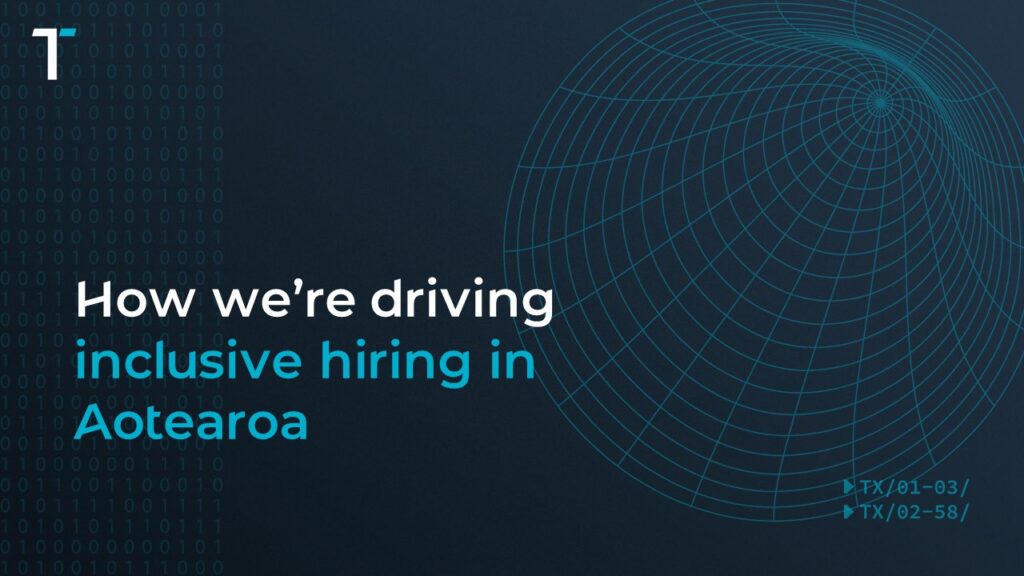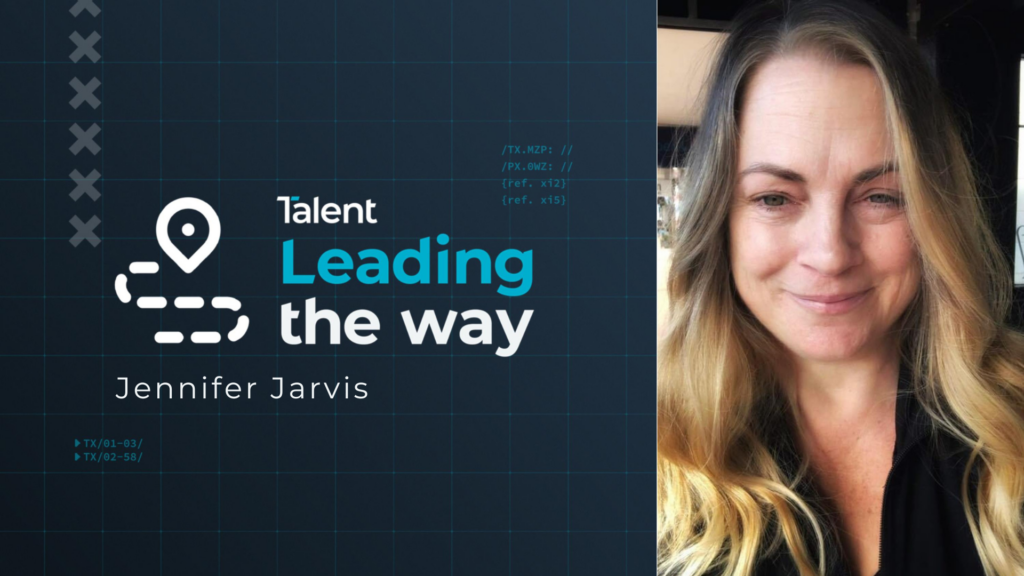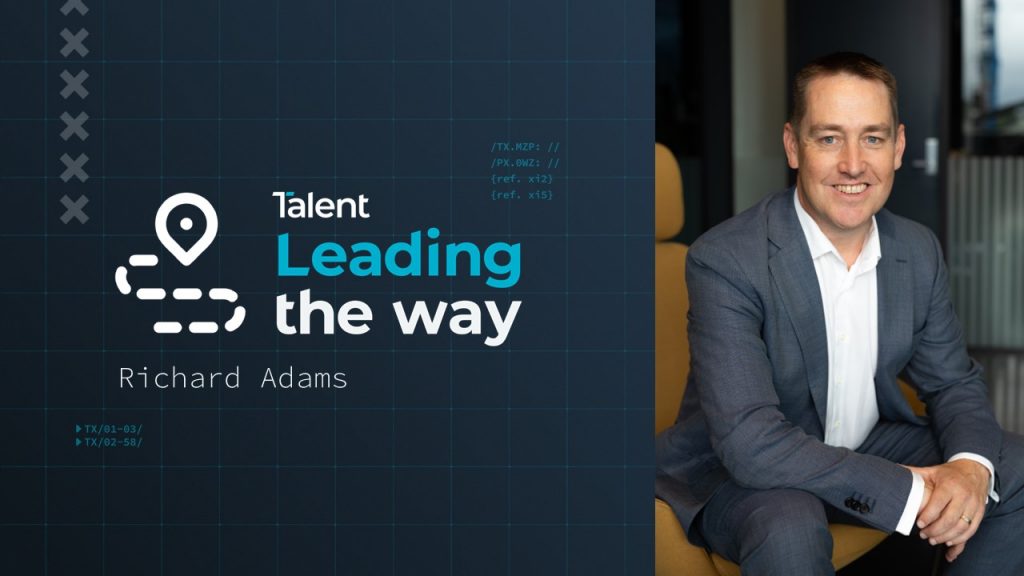
The latest project services hiring market trends in New Zealand 2024
The latest project services hiring market trends in New Zealand 2024

The project services hiring market is shifting in New Zealand. So, what’s the latest when it comes to the projects companies across Aotearoa are investing in, and what impact does this have on hiring demand? We look into it:
The latest trends in NZ’s project hiring market:
1. A project slowdown
In New Zealand, the project services hiring market has slowed down, with the lead up to the election in 2023 bringing things to a halt and seeing companies placing large programs of work on pause. This has had a flow-on effect in 2024. Talent Auckland Practice Lead, JP Browne, comments that “2024 continues to feel the knock-on effects of the market slowdown experienced last year. Projects are still in limbo for the most part and that has seen an increase of PM & BA skills on the market, especially in the contracting space. Although we have seen a flurry of activity this year for BAs, it’s not near the levels experienced in previous years.”
2. Cost of living pressures
Economic conditions are shaping project investments and hiring demand. In NZ, cost of living has increased, with household living costs rising by 6.2% between March 2023 and March 2024 and interest payments by 28.2% over this same time period. Talent Wellington Managing Director, Nik King-Turner notes, “Coming off a candidate-driven market over the last 18-24 months, where there was significant choice and opportunity for jobseekers, we are now seeing a swing to a lower volume of roles and more applications. The economy and cost of living have also contributed to a low level of confidence in the hiring market.”
3. The impact of a change in government
New Zealand’s election has impacted the project market across the country. Katie Kemp, Talent Wellington Senior Consultant, observes that the recruitment market in “2024 has been slower than normal years. The market has been slow to pick up from election time. I would attribute this slow pick-up to the change in our government, as we watch and wait to see where their priorities will go. Government is certainly a key driving force behind the project services market. Given the strong heart of government here in Wellington, we can suggest this affects the overall business confidence in the city, and therefore overall supply versus demand in this space.”
4. A positive outlook
Talent NZ Country Manager, Kara Smith, additionally notes that “The impact of changes in the public sector are still reverberating through organisations and until it’s clear when that will stabilise and which projects will receive investment, the NZ hiring landscape in project services will continue to be slow”. However, she cautions that conservatism when it comes to hiring can’t last long, “Just like we saw post-COVID, businesses can only halt projects, investments, and initiatives for so long. In a world where cybersecurity is a top priority, investing in tech teams is a worthwhile long-term strategy.”
Looking ahead, JP Browne predicts that projects will pick up again over the year, “We know there are still several large projects in the works across both public and private sector. We know that a number of organisations are still planning on some major technology changes but are yet to kick these off. There are some upcoming mergers that could create some activity in the financial sector. The Ministry of Social Development is also in the early stages of a 9-year, $2.6 billion technology transformation programme. And with the current public sector shake up by the National led government, history tells us that technology forms a key part of any long-term cost savings. Companies are in the planning phase for the upcoming financial year, and we will just have to wait and see what gets funded. Hopefully we will see the positive effects of these projects later this year.”
Interested in uncovering more about the project services hiring landscape? Download our Project Services Hiring Market Snapshot for all you need to know.
Ready to expertly navigate the project services hiring market?
We can help. At Talent, we work with over 11,000 project professionals around the world and place more than 1000 PMs in new roles per year. We’re also a Platinum Partner to the Project Management Institute, and know a thing or two about what it takes to successfully deliver a project.
If you’re looking for your next project role, check out our job search for the latest opportunities.
Embarking on a project and need the right people on board? Get in touch to learn how we can help.










